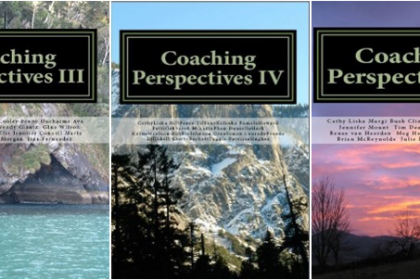by Melissa Tyler Todd

In the last few decades, the scope of how individuals deal with challenges in their lives has been changing. Traditionally, individuals sought a mental health counselor to work through trauma that was causing distress. Often, this was helpful in the interim. At the same time, with too much frequency, they found themselves back in the same predicament. Often individuals learn to cope, and at the same time coping falls short of experiencing life to the fullest.
Trauma coaching empowers the individual with a knowledge base and provides the individual with workable skills that give them an opportunity to learn to experience life again. Trauma coaching provides the support for individuals to venture out and learn to trust their surroundings and the people in it. Also, trauma coaching provides simple and realistic strategies to help individuals deal with ongoing issues that might come up. Individuals are empowered to feel safe and secure embarking on a new path and learning to live and enjoy life after trauma.
The desire is to again achieve the state of emotional safety that was felt before the trauma occurred.
Thankfully, current research has shown that effects of the traumas can be worked through. It has been noted in several research studies that the trauma can be a precursor to the opportunity for people to experience increased confidence, deeper levels of love and intimacy, and a strong sense of purpose and meaning. It is now known that traumatic experiences only define a person or their future if it is allowed; instead trauma can create an opportunity to thrive.
In the mid-1990s, Richard G. Tedeschi and Lawrence G. Calhoun, two well-known psychologists at University of North Carolina, coined the term post-traumatic growth.
Credentialed coaches must demonstrate the ability to focus on the client showing individual attention and respect for them and their current position, ask powerful coaching questions, actively listen, develop trust and intimacy, and co-create the coaching relationship.
Read my chapter in Coaching Perspectives VIII to learn more about Trauma Coaching.



